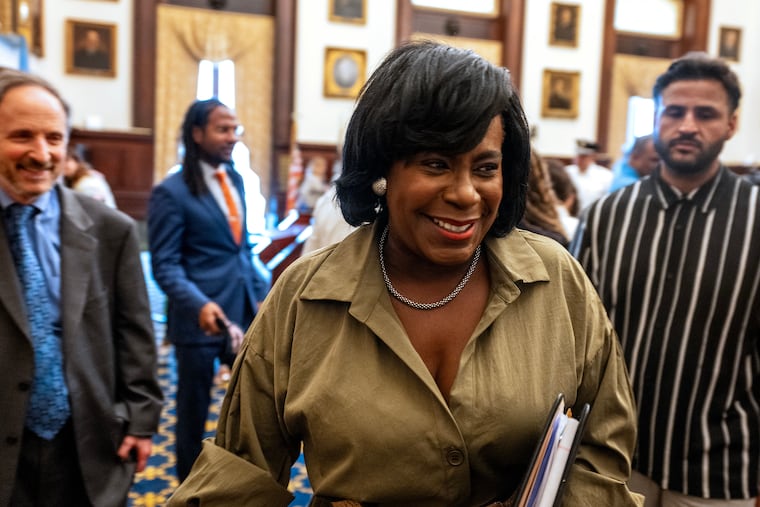Candidates for Tampa mayor begin to emerge in the upcoming election, two years ahead of the race.
In the lead-up to the 2027 mayoral election in Tampa, the possibility of former Mayor Bob Buckhorn re-entering the political arena has sparked significant discussion. Buckhorn, who served as mayor from 2011 to 2019, has refrained from officially declaring his candidacy but has indicated a strong inclination to run. He has been assessing the financial and strategic aspects of a campaign, suggesting that his participation is increasingly likely. The timeline for his decision appears imminent, with political observers keenly awaiting his announcement.
While Buckhorn’s past experience and familiarity with Tampa’s electorate position him well, the dynamic of the race is still unfolding. To date, only two candidates have formally announced their intentions to compete for the mayoral seat: Alan Henderson, an entrepreneur, and Julie Magill, a real estate broker with a recent attempt at a Hillsborough County School Board seat. Both candidates have yet to develop comprehensive campaign agendas or gain significant traction, underscoring the early stage of the electoral process. However, substantial fundraising and visibility will be necessary for them to elevate their profiles.
Should Buckhorn enter the race, his established name recognition and extensive political network could significantly impact the competitive landscape. His tenure as mayor was marked by notable growth and development initiatives in Tampa, including revitalizing the downtown area and executing key urban projects. His poised demeanor and focused messaging resonate well with voters, potentially positioning him as a frontrunner and attracting various endorsements.
Another potential contender is City Council member Bill Carlson, who is also eyeing the mayoral contest. Termed out of his council seat in 2027, Carlson’s sustained visibility in local government makes him a formidable candidate. His established connections with neighborhoods and emphasis on community issues position him well among Tampa voters.
The emerging competition will likely lead to a compelling political showdown, especially given the contrasting styles and records of Buckhorn and Carlson. Their previous contentious interactions add a layer of intrigue, further intensifying the race.
A critical consideration for candidates is the question of voter sentiment towards re-electing a former mayor. Historically, Tampa voters have not exhibited significant fatigue with familiar faces in office. Successive mayors, like Dick Greco, have held multiple terms, and former officials frequently transition into other influential political roles. This pattern suggests that Buckhorn could have a strong base of support.
As various candidates contemplate entry into the race, the overall size of the candidate pool will play a crucial role. Should Buckhorn and Carlson formally declare their candidacies, they may deter other significant candidates from participating. Conversely, a crowded field could create unexpected dynamics, allowing for diverse perspectives and potentially giving rise to less conventional candidates.
Tampa’s municipal priorities are shifting, focusing on core issues like affordability, infrastructure, and flood control. This evolving landscape presents an opportunity for new, progressive voices to emerge, challenging the city’s traditional political status quo. As the countdown to the election begins, the Tampa mayoral race promises to be complex and multifaceted, shaped by both candidates and the pressing issues of the day. The next two years will unfold at a brisk pace, ushering in what could be a transformative election for the city.
Media News Source






